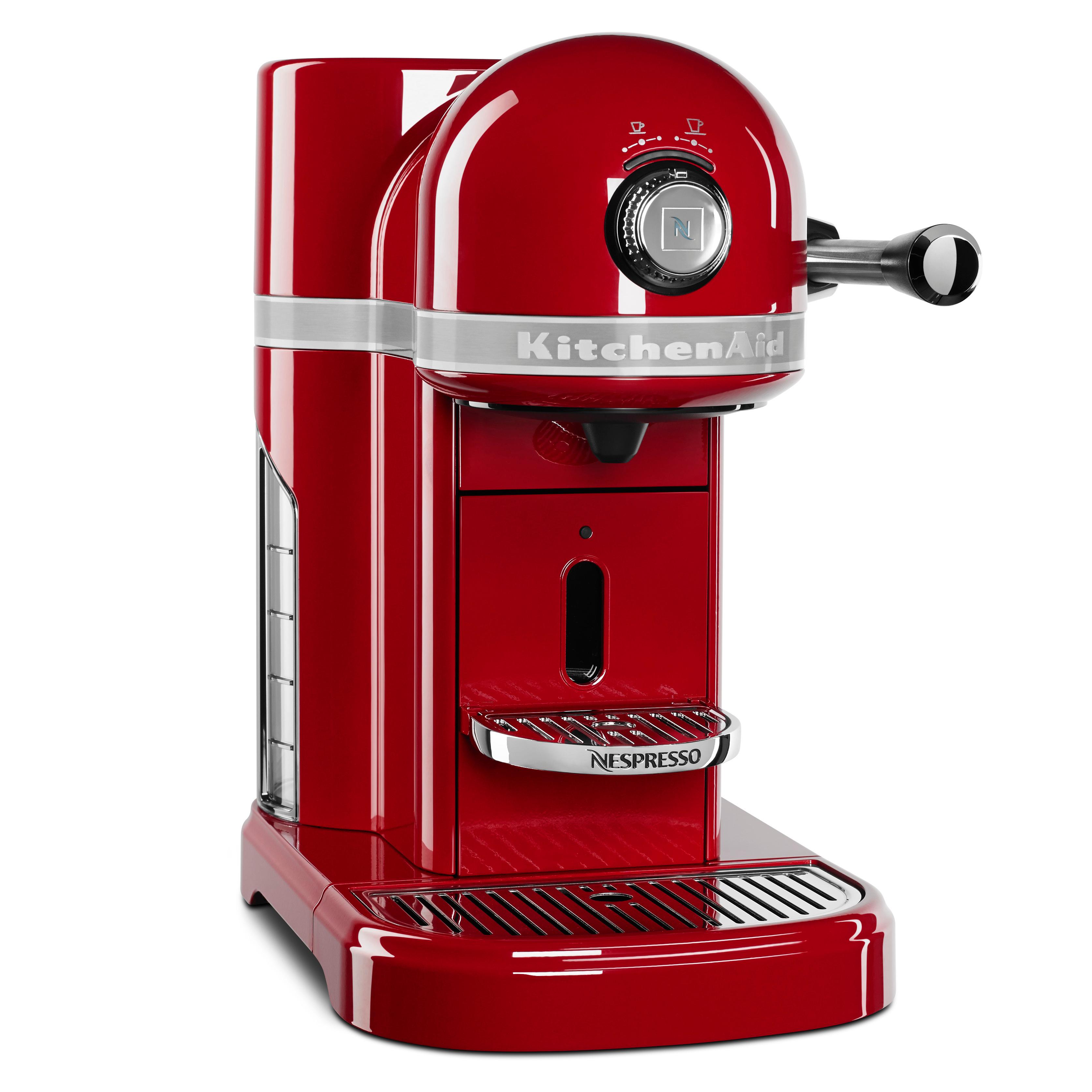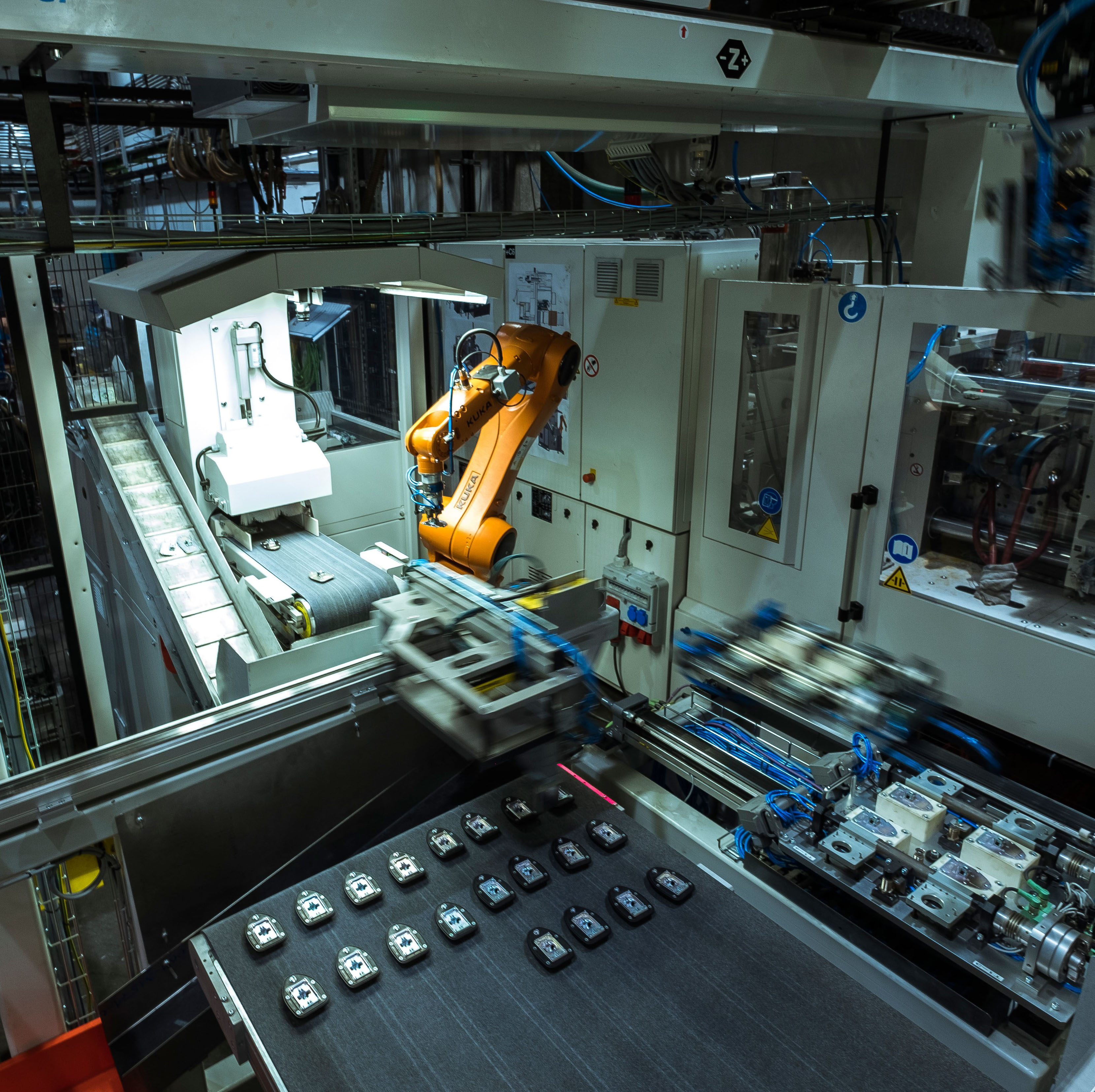News

KitchenAid Artisan Nespresso: Design with zinc meets gourmet coffee
In designing its new Nespresso machine, KitchenAid stipulated a set of demanding requirements on design, construction and production: “The surface finish should be of the highest quality, the components should be virtually free of porosity and assembly should be possible without the need for additional machining”, states Darrin Keiser, globally responsible at KitchenAid for the quality management of small appliances, as he recounts the early days of the project back in 2013, “so we went looking for a partner capable of satisfying the challenging quality requirements of our brand”. For months, specialists from KitchenAid and the selected zinc pressure die-casting manufacturer worked away at the details of every single component of the coffee machine to ensure that all requirements were satisfied in terms of visual appearance and functionality.

Small, large, filigree, thin, fast – zinc pressure-die casting is the answer to these challenges
Zinc pressure die-casting has proven over the last few decades just how much potential it conceals for enhanced performance and innovation. Or, as Petar Marovic, the senior shareholding partner at Havelländischer Zink-Druckguss GmbH & Co. KG, puts it: “Most of the characteristics of the zinc pressure die-casting process have not changed significantly. However, this is no expression of any lack of drive to innovate. Instead, it shows that the process has already achieved a certain optimum level that can only be improved upon at a nuanced level.

Where precision counts: die-cast zinc in medical and hospital technology
No compromises are permitted when human health is involved. Much depends on the medical specialists and their training and competence. But what really matters is that all the technical equipment used for maintaining and restoring health operates reliably and consistently over long periods. This naturally applies everywhere and at all times. Cutting-edge technology made with first-class materials is rightly expected in Germany, in particular, as a scientifically highly developed country and a technological pioneer in many fields – and it must be available at an economically attractive price. Die-cast zinc is often the ‘hidden champion’ in precision instruments used for internal medicine, ensuring that doctors can concentrate entirely on their patients.